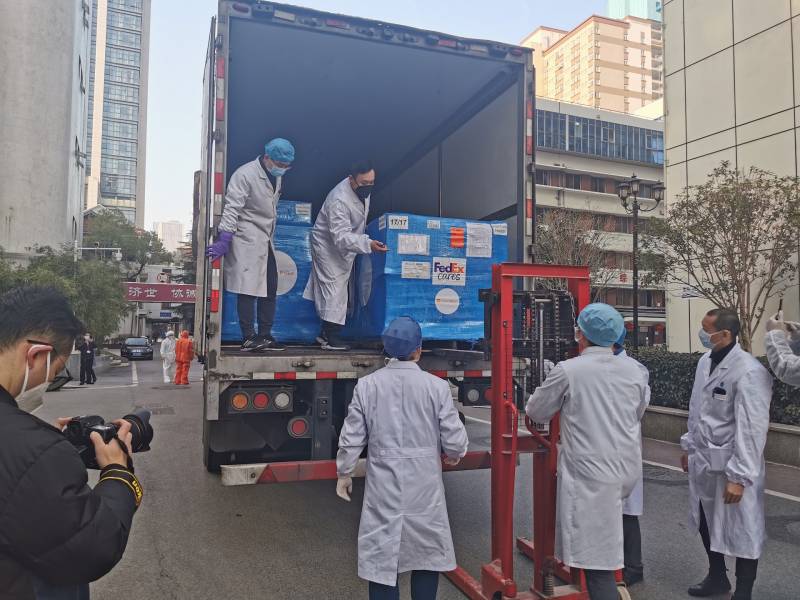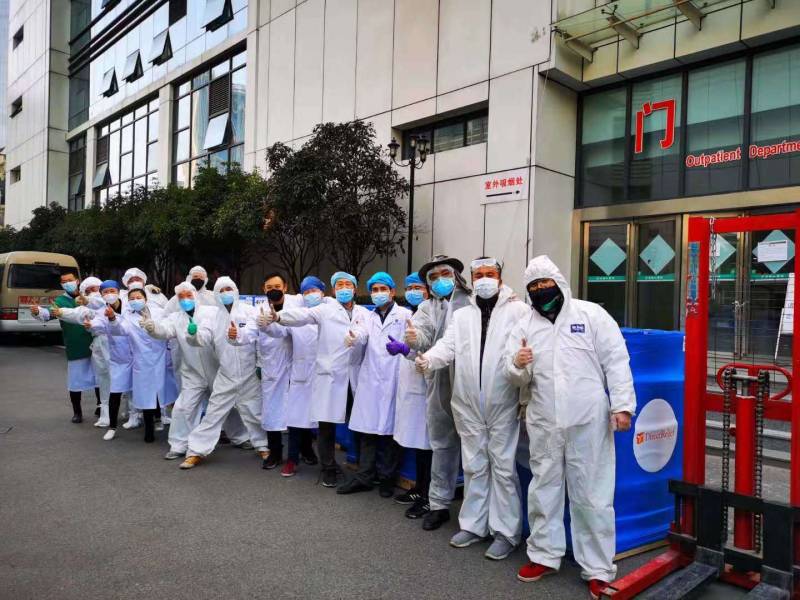Tom Gong started organizing volunteers in the Bay Area less than a day after Wuhan was put on lockdown on Jan. 23 for the coronavirus. That’s because thousands of college graduates from Wuhan, like Tom, work in the Bay Area. And many of those expats still have family there.
“Wuhan has a strong link with the Silicon Valley,” said Gong, who has been living in San Jose for 14 years. “Of the two major universities there, Huazhong University of Science and Technology and Wuhan University, [we] have 6,000 alumni who call Silicon Valley home.”
Tom hopes the group he’s formed, Wuhan United, does more than help send medical supplies to Wuhan. He hopes it can educate more people, including younger generations of Chinese and Chinese Americans, about the city where he was born and raised.
The Bay’s Devin Katayama talked with Tom Gong about growing up in Wuhan, and the city’s connections to the Bay Area.
DK: Did you like growing up there?
TG: Yes. I mean, life definitely is much harder in my time. You know, it’s hot in summer. There [was] no air conditioning, actually. There’s no electric fans. But the people there is very kind, you know, friendly to each other. It’s my hometown, you know. That’s where I grew up. Actually when I was in college, I swim across East Lake. It took me three hours. Two years ago, I did that again.
DK: I also know that a lot of Chinese cities have changed really quickly over the years. Is that true for Wuhan too?
TG: Yes. Wuhan right now has more than 200 miles of subways, going to 350 miles in the next four years. It actually has been an industrial center in China in the past 150 years — has complete industrial system like heavy machinery, steel, ship making.
Now it has booming high tech. It’s called ‘Optics Valley’ in China, we actually look [to] Silicon Valley as an inspiration model. It has a booming semiconductor, smart car, internet, cell phone industry. It’s one of the top technology centers in China.


